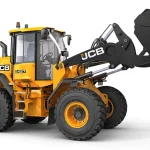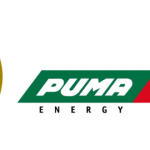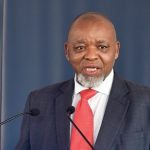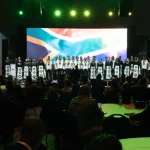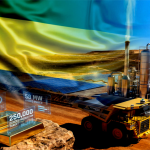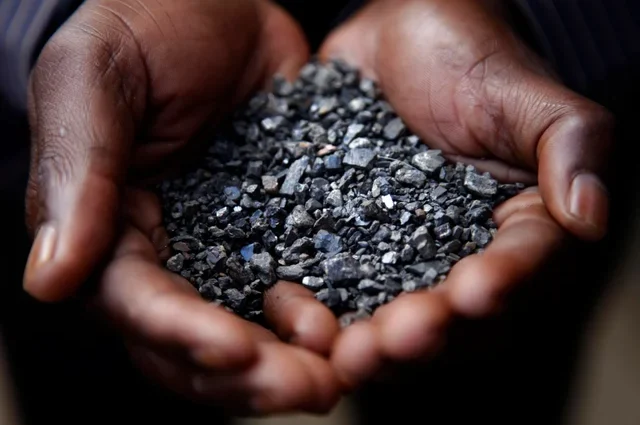Mineral smuggling from eastern Democratic Republic of Congo (DRC) into Rwanda has reached alarming levels, exacerbating conflict, enabling corruption, and destabilizing the region, according to a forthcoming United Nations report.
At the heart of this illicit trade are the so-called “three Ts” — tin, tantalum, and tungsten — minerals essential to the global electronics industry. These materials, often extracted from areas controlled by the Rwanda-backed M23 rebel group, are trafficked across the border into Rwanda, where they are blended with legitimate production and exported globally, falsely labeled as Rwandan in origin.
🌍 A Global Supply Chain Problem
This laundering of minerals undermines international efforts to ensure ethical sourcing, including due diligence requirements imposed by major global buyers. With the DRC and Rwanda together supplying around 60% of the world’s tantalum, the integrity of the region’s mineral exports has serious global implications.
🤝 Peace Promises vs. Ground Realities
Despite a recent U.S.-brokered peace deal signed in Washington—where both Rwanda and the DRC pledged to end support for armed groups and explore joint economic initiatives—the situation on the ground tells a different story.
The UN report accuses Rwanda of expanding its economic and military presence in eastern Congo via M23’s territorial gains. These advances, backed by Rwandan military hardware such as armed drones, electronic jamming devices, and air defense systems, have led to the capture of key cities and deepened insecurity in the region.
⚠️ Allegations of Abuses and Militarization
In areas under rebel control, UN investigators report widespread human rights abuses allegedly committed by M23 fighters and Rwandan troops. These include:
- Extrajudicial killings
- Torture and forced disappearances
- Arbitrary arrests
- Raids on hospitals and medical centers
At the beginning of 2024, up to 6,000 Rwandan troops were reportedly inside Congolese territory. As of April, between 1,000 and 1,500 remained, with reinforcements stationed across the border in Rwanda. Kigali denies supporting the M23, claiming its military presence is purely defensive.
Rwandan government spokesperson Yolande Makolo rejected the UN’s conclusions, saying the report ignores Rwanda’s legitimate concerns about the presence of the FDLR, a militia with links to perpetrators of the 1994 genocide.
M23, for its part, claims it is defending eastern Congo’s Tutsi minority from the FDLR. The UN report, however, points to ongoing collaboration between the Congolese army and the FDLR—a development that further complicates the conflict’s political and military dynamics.
💰 Gold Smuggling Adds Another Layer
The UN report also highlights massive gold smuggling operations, particularly from Congo’s Ituri province into Uganda. These unregulated flows are believed to fund a network of armed groups, political actors, and foreign interests.
In 2024 alone, Uganda’s gold exports reached $3.5 billion, with a significant portion believed to originate from Congo and failing to meet international due diligence standards. As a result, much of this gold does not qualify for legal trade under responsible sourcing frameworks.
Uganda’s military has dismissed the report’s findings as “recycled allegations.”
📉 Discrepancies in Rwanda’s Mineral Reporting
The report further accuses Rwanda of overstating its domestic production of tin, tantalum, and tungsten to obscure the extent of mineral smuggling from Congo. While the Rwanda Development Board reported annual production of 8,000 to 9,000 tons, those figures conflict with data from Rwanda’s own National Institute of Statistics and external monitoring bodies.
Rwanda, however, maintains that its mining sector is formalized and regulated, citing investments in mineral certification systems and processing infrastructure — tools largely absent in eastern Congo.
🛑 What’s at Stake
As international peace efforts continue and scrutiny of regional supply chains grows, the future of mineral governance in Central Africa hangs in the balance.
Without meaningful enforcement, transparency, and regional cooperation, the illegal extraction and trade of minerals will continue to fund armed violence, sabotage economic development, and threaten the credibility of global supply chains.

